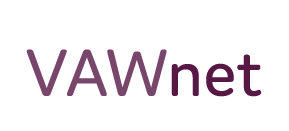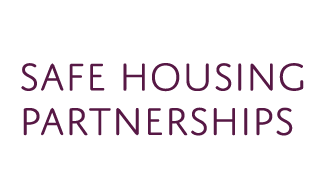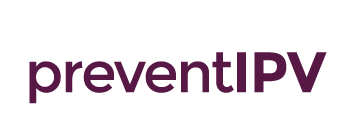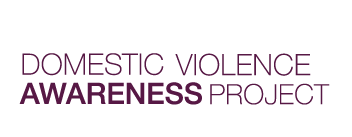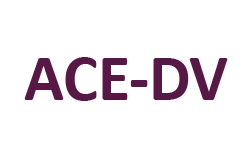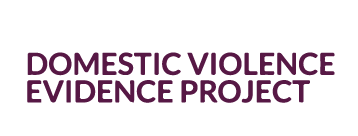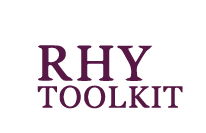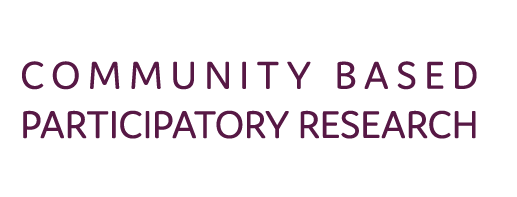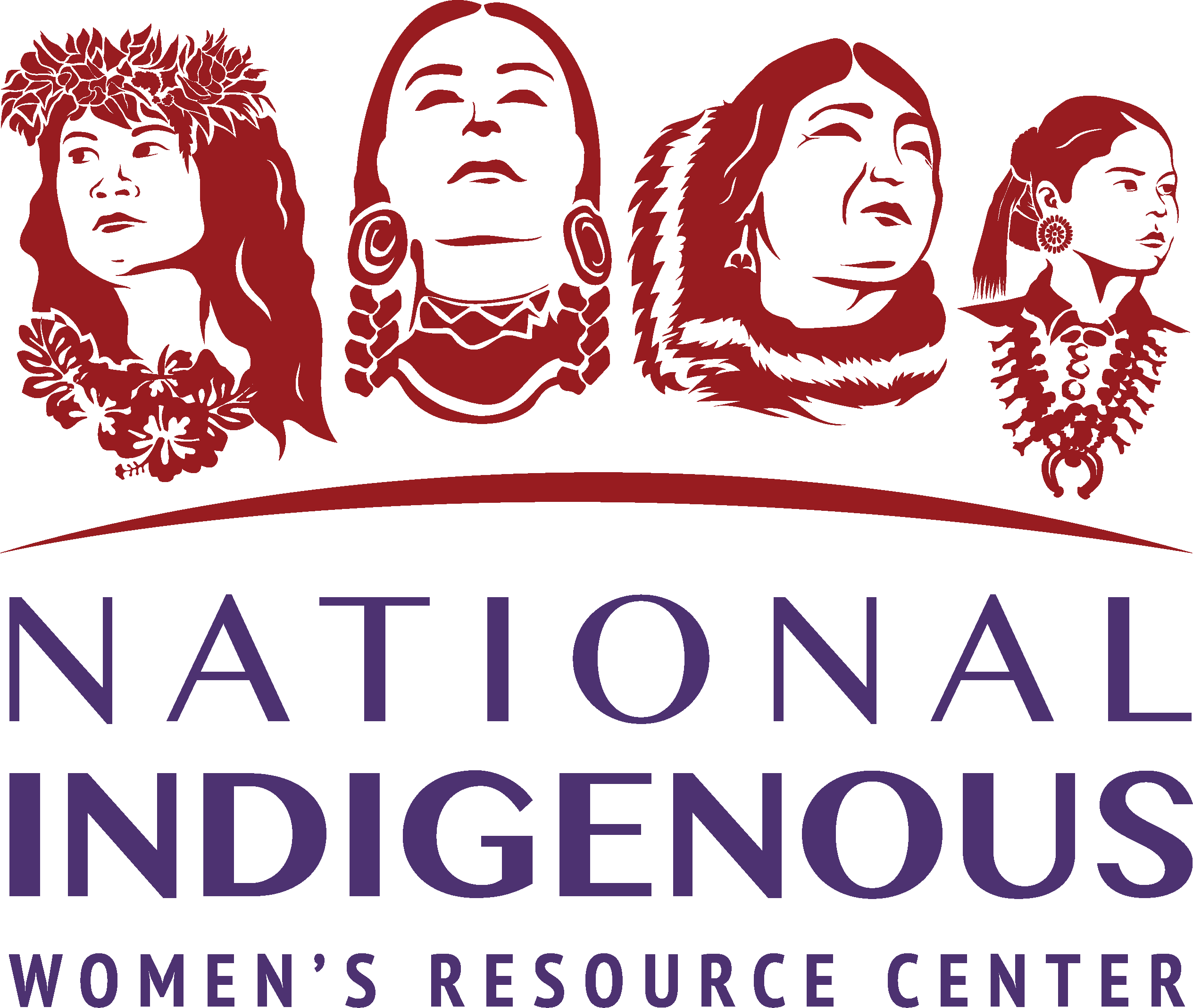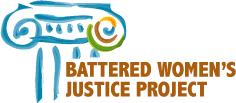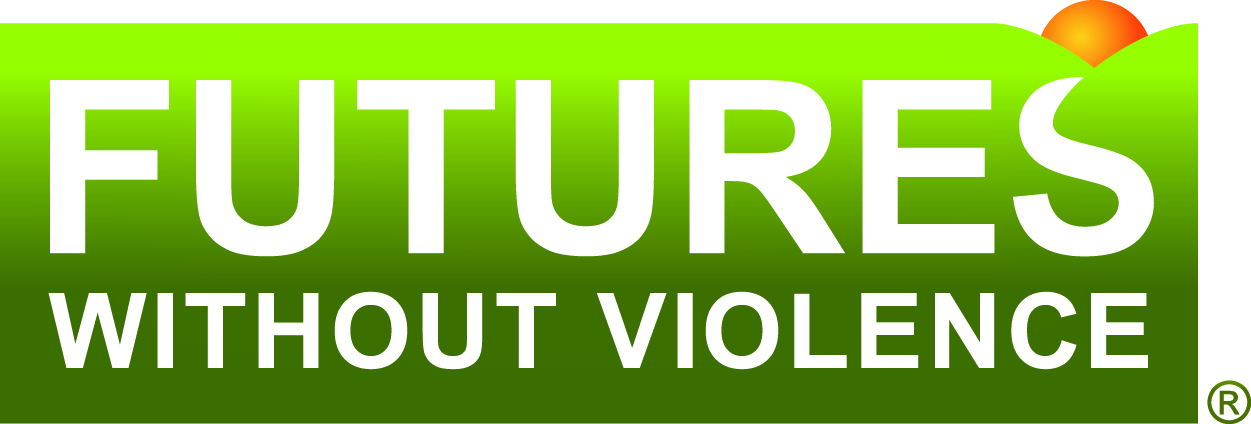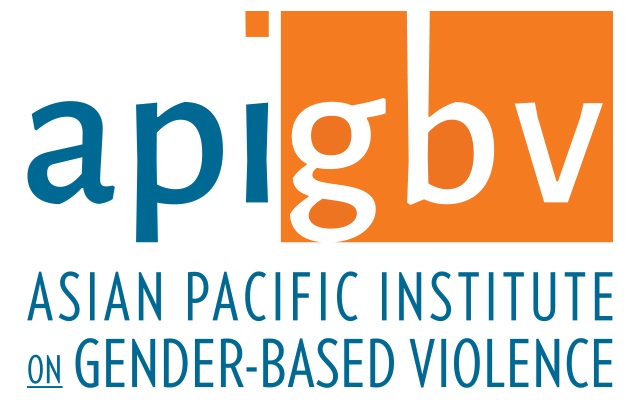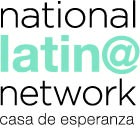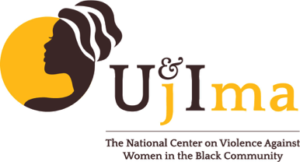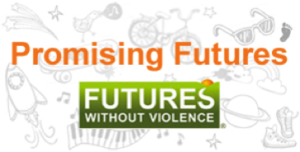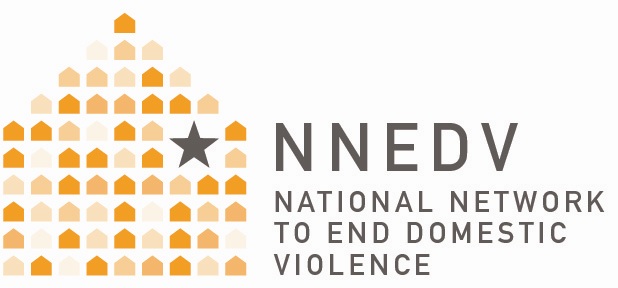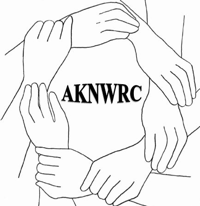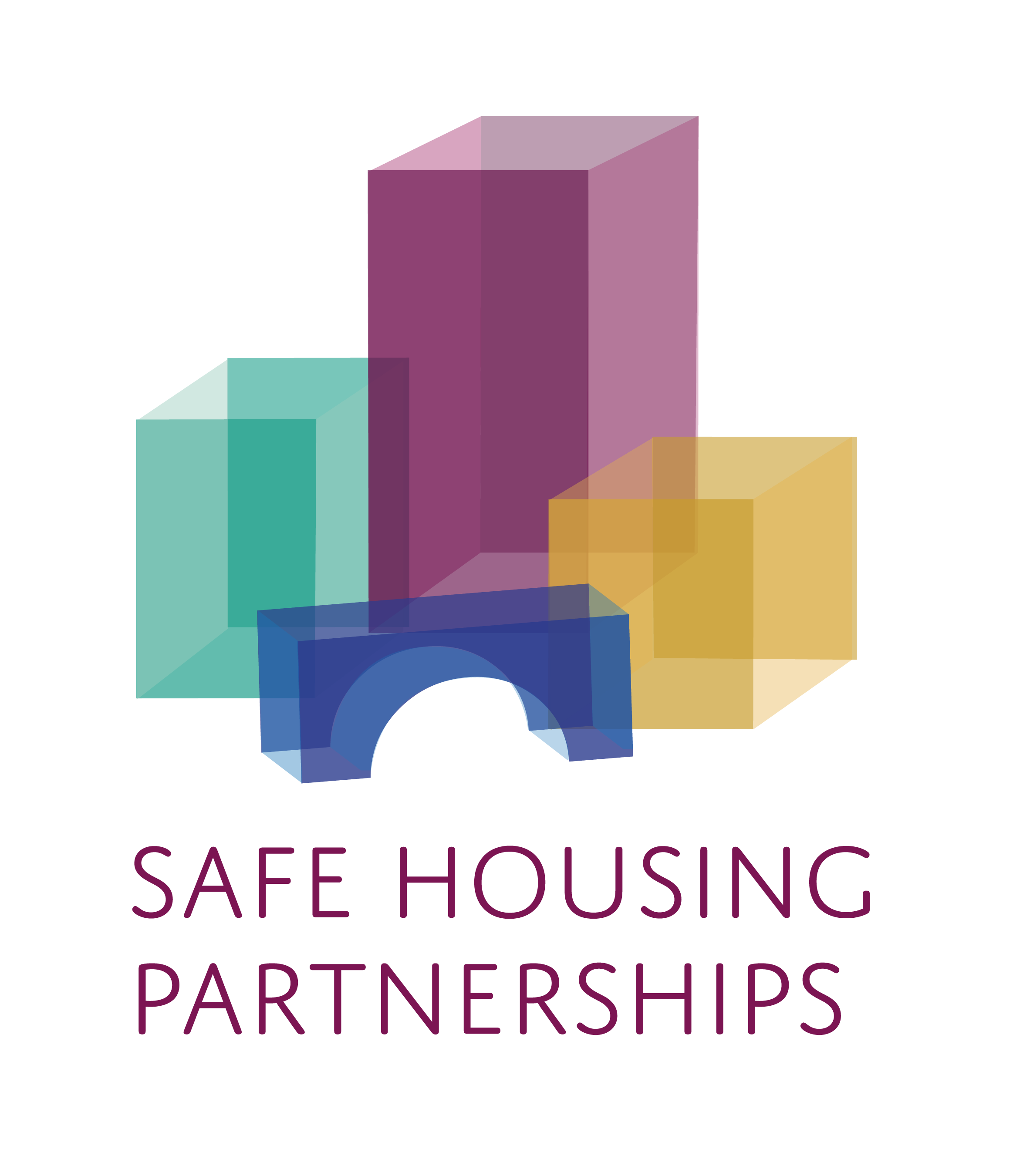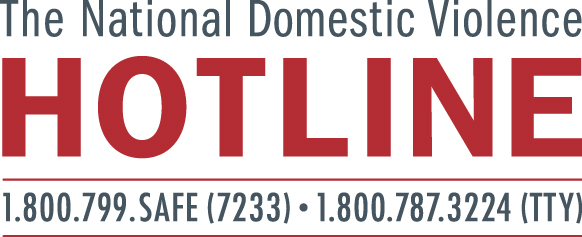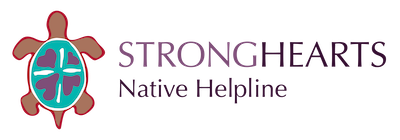
The Domestic Violence Resource Network (DVRN) informs and strengthens domestic violence intervention and prevention efforts at the individual, community, and societal levels. DVRN member organizations are funded by the Family Violence Prevention and Services Act (FVPSA) Program, located in the Family & Youth Services Bureau (FYSB), Administration for Children and Families (ACF) of the U.S. Department of Health and Human Services. They work collaboratively to promote practices and strategies to improve our nation’s response to domestic violence and make safety and justice for all families a priority. Contact each center directly for technical assistance and training opportunities.
The DVRN consists of two national resource centers, four special issue resource centers, three culturally-specific resource centers, five emerging issue resource centers, and the National Domestic Violence Hotline. DVRN partner organizations routinely host webinars and in-person trainings, provide written materials such as fact sheets, guides, and research briefs, respond to questions from professionals working directly with victims, offer customized technical assistance, and often partner with state domestic violence coalitions and local programs on research projects and to promote cutting-edge best practices. All training, technical assistance and resources provided by the DVRN is available to FVPSA grantees and others seeking to address domestic violence in their communities.
There is also help for those needing immediate support and assistance to address abuse they may be experiencing. Please contact the National Domestic Violence Hotline at 1-800-799-SAFE (7233) or via online secure chat at www.thehotline.org/help. Survivors who identify as Native American, American Indian/Alaskan Native, or indigenous may want to contact StrongHearts Native Helpline for culturally specific support at 1-844-7NATIVE (1-844-762-8483) Monday-Friday from 9:00am-5:30pm CT and visit www.strongheartshelpline.org for more information.
Download a complete member listing with full organization descriptions.
National Indigenous Women’s Resource Center
406-477-3896 | www.niwrc.org
The National Indigenous Women’s Resource Center, Inc. (NIWRC) is a Native-led nonprofit organization dedicated to ending violence against Native women and children. NIWRC provides national leadership in ending gender-based violence in tribal communities by lifting up the collective voices of grassroots advocates and offering culturally grounded resources, technical assistance and training, and policy development to strengthen tribal sovereignty.
National Resource Center on Domestic Violence
800-537-2238 | www.nrcdv.org and www.vawnet.org
NRCDV believes that domestic violence is preventable. NRCDV builds the capacity of individuals, organizations, systems and communities to strengthen and transform their efforts to end domestic violence through comprehensive technical assistance, training, resource development, and research. Our work is led by centering and amplifying voices of survivors and traditionally marginalized communities. NRCDV’s key initiatives include VAWnet.org, PreventIPV, DV Evidence Project and the Domestic Violence Awareness Project.
Domestic Violence & Housing TA Consortium 
www.safehousingpartnerships.org
NRCDV operates a FVPSA funded national capacity center on safe and supportive housing for survivors as members of the Domestic Violence & Housing TA Consortium. For more information, see www.safehousingpartnerships.org.
Battered Women’s Justice Project
800-903-0111 / TTY callers use 711 | www.bwjp.org
BWJP promotes change within the civil and criminal justice systems to enhance their effectiveness in providing safety, security and justice for battered women and their families. With its FVPSA funding, BWJP provides technical assistance and training to advocates, attorneys, judges and court personnel, law enforcement officers, prosecutors, probation officers, batterers’ intervention program staff, and policymakers to promote the implementation of promising practices and policies that emerge from pioneering communities around the country.
Resource Center on Domestic Violence:
Child Protection and Custody
1-800-52PEACE (527-3423)
www.rcdvcpc.org
BWJP will administer the RCDV:CPC during FY2021 and can help direct individuals to appropriate resources and provide training and technical assistance on a range of topics of significance to survivors, with particular expertise in civil and criminal justice systems. Learn more here: https://www.bwjp.org/. Futures Without Violence can provide further expert guidance around child welfare and domestic violence, and advocacy within child welfare systems. Learn more here: www.dvchildwelfare.org. Ujima is serving as lead agency for the Intersections Project, an invitation only learning cohort. Learn more here: https://ujimacommunity.org/. NCJFCJ will continue to provide training, technical assistance, research, and partnerships with courts and communities as they seek to improve outcomes for system-involved survivors and their children, but do so without funding from FVPSA. Learn more here: www.ncjfcj.org.
National Health Resource Center on Domestic Violence
888-792-2873 | www.futureswithoutviolence.org/health
For almost two decades, the National Health Resource Center on Domestic Violence (HRC) at Futures Without Violence has supported health care professionals, domestic violence advocates, survivors and policy makers at all levels as they improve health care’s response to domestic violence. The HRC offers personalized, expert technical assistance, online toolkits for health care providers and DV advocates to prepare a clinical practice to address domestic and sexual violence, a free E-bulletin and webinar series, and other resources. The HRC also holds the biennial National Conference on Health and Domestic Violence—a scientific meeting at which health, medical, and domestic violence experts and leaders explore the latest health research and programmatic responses to domestic violence.
National Center on Domestic Violence, Trauma & Mental Health
312-726-7020 x2011 | www.nationalcenterdvtraumamh.org
The National Center develops and promotes accessible, culturally relevant, and trauma-informed responses to domestic violence and other lifetime trauma so that survivors and their children can access the resources that are essential to their safety, resilience and well-being. Technical assistance, training and specialized resources support advocates, mental health and substance use providers, legal professionals, policymakers, and government officials to increase understanding and build capacity to improve the ways that their agencies and systems respond to survivors of domestic violence and their children. The National Center also improves collaboration and systems responses through development of model agency policies, providing analysis of current policies and legislation, analyzing and promoting research that advances knowledge and builds the evidence base for responding to trauma, and much more.
Asian Pacific Institute on Gender-Based Violence
415-568-3315 / info@api-gbv.org | www.api-gbv.org
API-GBV focuses on domestic violence, sexual violence, trafficking, and other forms of gender-based violence in Asian and Pacific Islander communities. It serves a national network of advocates, community-based organizations, national and state programs, legal, health, and mental health professionals, researchers, policymakers and activists from social justice organizations working to eliminate violence against women. Its vision of gender democracy drives its mission to strengthen culturally-relevant advocacy, promote prevention and community engagement, influence public policy and systems change, and prevent gender-based violence through movement-building and community transformation.
National Latin@ Network for Healthy Families and Communities
651-646-5553 | www.nationallatinonetwork.org www.casadeesperanza.org
The National Latin@ Network for Healthy Families and Communities (NLN), a project of Casa de Esperanza, is the national institute addressing domestic violence, sexual assault, and human trafficking in Latin@ communities. Working both domestically and internationally, the NLN uses and promotes an intersectional framework to accomplish its objectives to increase prevention efforts and access to resources for Latin@s experiencing violence; provide training and tools for professionals and community advocates; conduct culturally relevant research; and advocate for public policy based on the lived realities of Latin@s.
Ujima: The National Center on Violence Against Women in the Black Community
202-299-1181 / 1-844-77-Ujima (Resource Line) | www.ujimacommunity.org
Ujima is a national resource center that addresses domestic, sexual and community violence while developing an active approach to ending violence against women in the Black community. Recognizing that the safety and viability of Black families is connected to the health and well-being of individual neighborhoods and communities at large, Ujima provides education and outreach, training and technical assistance, resource development, research, and public policy efforts designed to mobilize the Black community and allies to strengthen families. Ujima defines community as the African Diaspora in its broadest sense, e.g., African-Americans (descendants of slaves in the U.S.), African immigrants, Afro-Caribbeans, and Afro-Latinx.
Capacity Center to Expand Services to Children, Youth, and Abused Parents (ESCYAP)
617-294-6526 | www.promisingfutureswithoutviolence.org
Promising Futures Capacity Building Center, (the Center), a project of Futures Without Violence, (FUTURES), provides support on enhancing services for children, youth and their abused parents impacted by domestic violence. The Center provides support to build organizational structures and services that prioritize child well-being, opportunities for healing, building resilience, and breaking the intergenerational cycle of violence all within the context of the parent-child relationship. The Center is an expansion of FUTURES’ Clearinghouse of information on the Promising Futures Website. The Center supports the Specialized Services for Abused Parents and their Children (SSAPC) grantees as well as the field through facilitating a learning community, offering technical assistance and training, developing new resources and tools, and growing the research within evidence-based, trauma-informed, culturally relevant practices for children, youth and their parents.
Capacity Technical Assistance Project
202-543-5566 | www.nnedv.org
NNEDV is a network of state and territory domestic violence coalitions and allies, representing over 2,000 member organizations nationwide. NNEDV’s Capacity Technical Assistance project provides comprehensive, specialized technical assistance and training to FVPSA formula grantees including state and territory domestic violence coalitions and advocacy organizations, FVPSA state administrators, and tribal programs. In addition, NNEDV has developed resources on building organizational capacity, spanning issues such as best practices, standards, certification, quality assurance, trauma-informed approaches, diversity and inclusion, and role clarity. NNEDV helps build strong organizations by coaching them through leadership transitions, implementation of evidence-based practice models, infrastructure development to effectively manage financial and reporting requirements, and improving the inclusion of historically marginalized communities.
Alaska Native Women’s Resource Center
1-907-328-3990 | info@aknwrc.org | www.aknwrc.org
AKNWRC is dedicated to strengthening local, tribal governments’ responses through community organizing efforts advocating for the safety of women and children in their communities and homes, especially against domestic and sexual abuse and violence. Through the voices, languages, and teachings of tribes, survivors and advocates, and in partnership with our allies and other stakeholders, AKNWRC provides a voice at the local, statewide, national and international levels for life-saving changes needed in laws, policies, and social norms. AKNWRC envisions our Tribal women, communities and families free from violence, healing the trauma and utilizing the wisdom of our ancestors to create effective community/Tribal responses to domestic violence, dating violence, stalking, trafficking, sexual assault and related injustices.
National Capacity Building Center on Safe and Supportive Housing for Survivors
1-800-537-2238 | www.safehousingpartnerships.org
The Federal Domestic Violence and Housing Technical Assistance Consortium (the Consortium) is an innovative, collaborative approach to providing training, technical assistance, and resource development at the critical intersection of domestic and sexual violence, homelessness, and housing. Funded and supported by an unprecedented partnership between the U.S. Department of Health and Human Services, Department of Justice, and Department of Housing and Urban Development, this multi-year Consortium brings together national, state, and local organizations with deep expertise on housing and domestic violence in order to collaboratively build and strengthen technical assistance to both housing/homelessness providers and domestic violence service providers. The Consortium aims to improve policies, identify promising practices, and strengthen collaborations necessary to improve housing options for survivors of domestic violence and their children in order to enhance safety, stability, and well-being. The National Capacity Building Center on Safe and Supportive Housing is a project of the National Resource Center on Domestic Violence.
National Domestic Violence Hotline
800-799-SAFE (7233)
| 800-787-3224 TTY | www.thehotline.org
The National Domestic Violence Hotline (The Hotline) is the vital link to safety and support for anyone affected by domestic and dating violence. Highly trained advocates provide help with information and referrals, crisis intervention, advocacy, developing a safety plan, discussing options, and directly connecting callers with resources in their communities across the U.S. The Hotline provides support in more than 200 languages and is available 24/7 365 day per year. Services are also offered via online chat at www.thehotline.org/help.
Love is Respect
1-866-331-9474 | loveisrespect.org | Text loveis to 22522
The Hotline operates loveisrespect at www.loveisrespect.org. Its 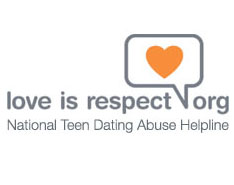 purpose is to engage, educate and empower young people to prevent and end abusive relationships. Highly trained advocates offer support, information and advocacy to young people who have questions or concerns about their dating relationships and who want to learn more about healthy relationships.
purpose is to engage, educate and empower young people to prevent and end abusive relationships. Highly trained advocates offer support, information and advocacy to young people who have questions or concerns about their dating relationships and who want to learn more about healthy relationships.
StrongHearts Native Helpline
1-844-7NATIVE / 1-844-762-8483 / info@strongheartshelpline.org | www.strongheartshelpline.org
Mon-Fri 9:00am – 5:30pm CT
The StrongHearts Native Helpline is a culturally-appropriate, anonymous, confidential service dedicated to serving Native American survivors of domestic violence and dating violence and concerned family members and friends. StrongHearts connects callers at no cost one-on-one with knowledgeable advocates who can provide lifesaving tools and immediate support to enable Native survivors to find safety and live lives free of abuse. StrongHearts is a Native-centered hotline staffed by advocates with a strong understanding of Native cultures, as well as issues of tribal sovereignty and law.
StrongHearts is a partnered effort, combining the technology and infrastructure of the National Domestic Violence Hotline with the National Indigenous Women’s Resource Center’s expertise and community connections, as well as the trust of Native advocacy groups.
